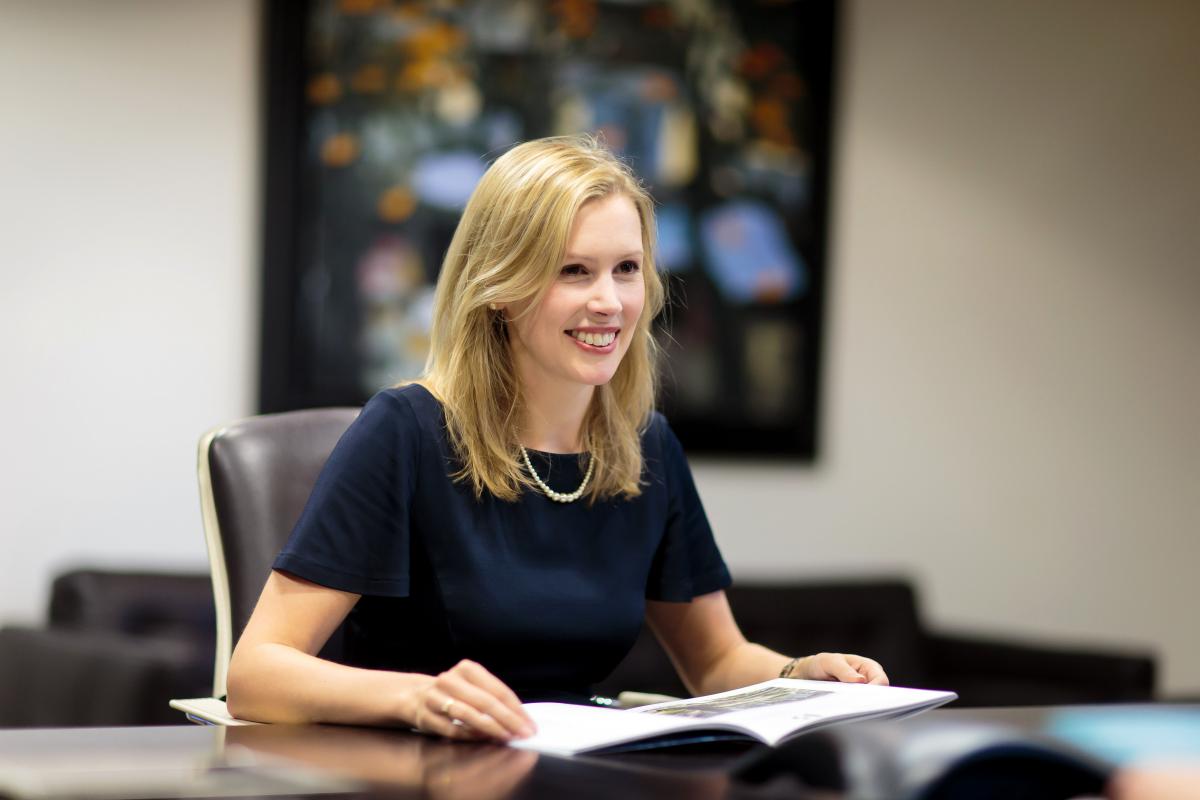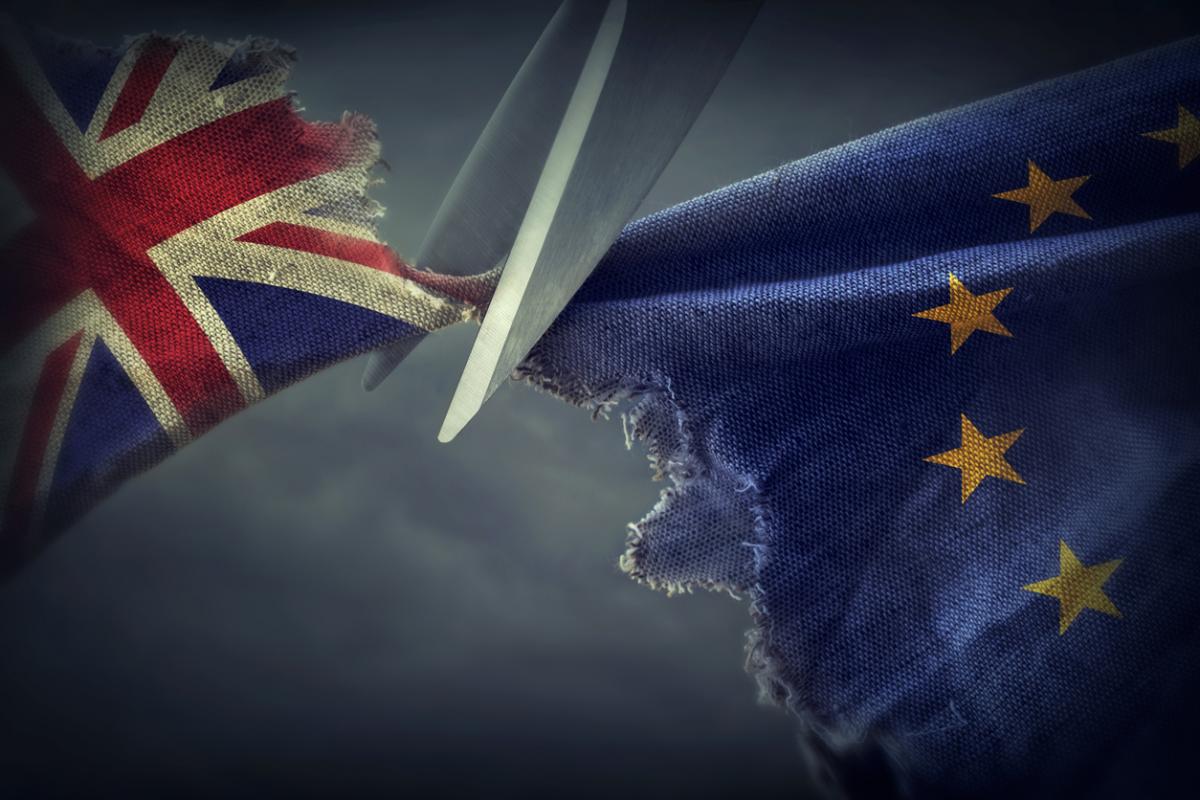More family offices look offshore

More family offices are looking to shift jurisdiction this year, advisers say, as political instability continues from London to the Middle East.
At Jersey Finance’s “An Open World” Annual Private Wealth Conference in London this week, the hosts made a pitch to more than 600 family office principals, executives and advisers, painting the isle of Jersey as a “safe harbour” in the face of global geopolitical uncertainty, and ever-changing cybersecurity threats.
Dominic Samuelson, chief executive of Campden Wealth, formed part of a panel discussing how family offices can adapt for the future, and said “political black swans” as well as investment risk were the key concerns for families, particularly in relation to inflation, debt, and the bond market.
“The soft issues are also incredibly important. So the risk is around confidentiality and identity theft, family reputation, and social media,” he said.
While offshore hubs like the Channel Islands have always been attractive to the wealthy thanks to zero taxes on corporations, inheritance, and capital gains, advisers argued that now, more than ever, wealthy families were considering the shift. There are more than £400 billion in assets held in Jersey by private individuals and families, and nearly 400 foundations have been set up there over the last 10 years.

Catherine Grum (pictured), head of family office services at KPMG, said clients in jurisdictions once considered rock solid, like the UK, were asking more questions about whether they were based in the right place.
“It’s no longer just around political risk in places like the Middle East, it’s also about stability in the UK. We have a number of UK families wanting to know if there is a political shift how that will impact them, and what the options might be… and doing a health check.”
Naomi Rive, group director at Highvern, said unlike many offshore hubs, Jersey had a well-guarded regulatory environment, with endorsements from the OECD.
Jersey is part of the free movement area in the British Isles, and is not part of the European Union. It is part of the EU Customs Union via agreements it has independent of the UK. This means Jersey’s relationship with the EU will continue relatively uninterrupted post-Brexit.
Research from Savills shows a buoyant property market, and a relatively healthy economic outlook.
 However, researchers noted that while the direct impact of Brexit is more limited, the UK is the major trading partner of Jersey, and a strong City of London is important to the islands’ own financial services industries.
However, researchers noted that while the direct impact of Brexit is more limited, the UK is the major trading partner of Jersey, and a strong City of London is important to the islands’ own financial services industries.
“Therefore, the outcome of negotiations for the UK and its economy—positive or negative—will still have a knock-on effect on Guernsey and Jersey.”
Geoff Cook, chief executive of Jersey Finance, described his organisation and jurisdiction as “Brexit ready”, and said the broader political climate was “less focussed on consensus building, more focused on nationhood”.





